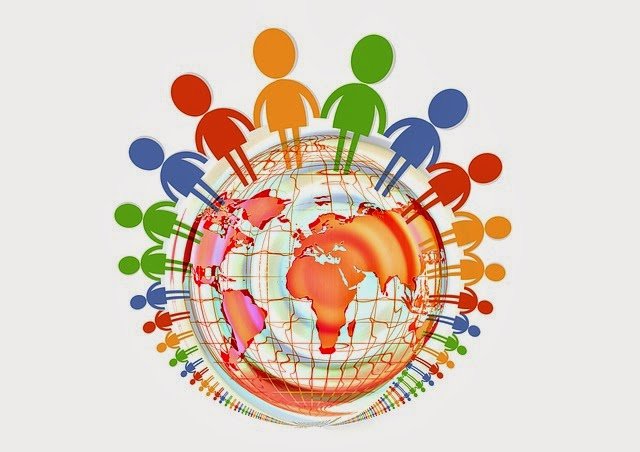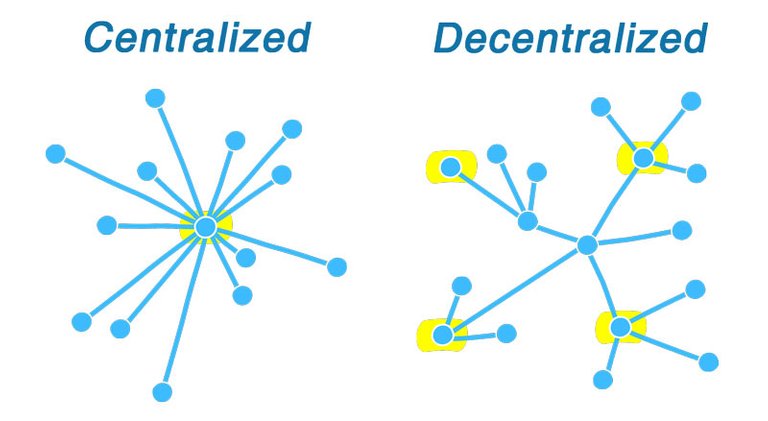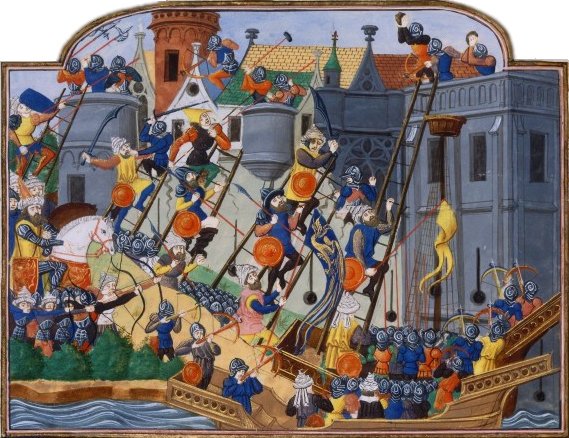What Does Decentralization Mean To Me

Source
Let's start once more, but this time without many technicalities (I had already written something similar some time ago)
When I hear the word decentralization, I automatically think of blockchain. Obviously, within a system, decentralization means that the power to manage or the way the system works is not controlled by a central entity, but is managed by rules accepted by all its parts or members in an autonomous and automatic way, without being influenced by any particular entity and without the possibility of them modifying in any way these rules (obviously this is theoretical).

Source
In the previous image, you can see the difference between a centralized and a decentralized scheme. And obviously the centralized one is completely vulnerable because once the central node is removed, the whole system falls apart.
The decentralization scheme was born to break the old hierarchical or pyramidal schemes, where the control and decisions were held by a small group over the whole conglomerate (does this sound familiar to you? It's just coincidence). This scheme is born to achieve an agreement between all members in an equal way, participating alike, collaborating and cooperating all equally (socialist propaganda?)
The blockchain technology is an example of a decentralized system. This is achieved through a method of consensus, that is to say, the method that allows choosing which members of the system (in this case, the nodes of the network) will be responsible for generating the blocks of the chain (remember that in a collaborative and cooperative way, with equity!)
The first known scheme is Bitcoin's and Ethereum's, and that we all (the geeks) know it as the famous PoW. It works through force, that is, the equipment with more computing power is the one that achieves the generation of the block. Obviously this causes a tremendous consumption of energy and heat that greatly affects the environment.
The other method of consensus is PoS, in which, as in life, those who decide are those who have the power to participate, power of staking, the wealth. In this case, those who generate the blocks are the ones who have the most money (it seems that we're still under the influence of the moneyed ones). It is undoubtedly much better than the previous one, since it consumes less energy and is much faster, which allows scalability (that is, it can handle more transactions per second) and can be 100% healthier for the environment.
There are many other consensus methods and the one that concerns us most is DPoS, a variant of PoS, and it is the one that uses Steemit. Yes, our beloved and smacked blog. This variant is more efficient and faster than its predecessor. In this version, the agents in charge of generating the blocks are called witnesses (can you understand now why you have to vote for the real witnesses?). As usual, power is measured by the level of participation (stake) or vote, those with greater voting power are those who determine or choose the witnesses.
Do you understand now how someone who has a lot of money can control this type of network?
All these methods are vulnerable as we have already seen. But that's all we have for now...
Is there any other way to change this? (maybe by creating a new fork/blockchain, echoes of mutes voices whisper in the background)
Is it strange that consensus methods follow in the footsteps of the Power Wave? In the beginning, it was the strength which dominated the world (the world belonged to the strong ones), then power was held by the ones who had money, that is, money becomes power and now, we are in the age or the wave of knowledge, where knowledge is now power.
It's ironic to think that these methods of consensus that manage to establish a decentralized, self-governing and "supposedly" unalterable system are initially born from war. Yeah, as you hear it, it all stems from the problem of the Byzantine Generals, where there is a series of armies that decide to attack a common target, however, they must find a way to send messages in a safe way to achieve to attack at the same time, avoiding the leaking information to enemies or avoiding "moles" that threaten the communication of the armies, creating false orders. That's pretty much the bottom line.
We are clear that decentralization is the first attempt towards freedom, equity, cooperation, and collaboration principles. It may not be perfect, but I'm sure it will evolve over time.
This is an initiative created by @theycallmedan to raise awareness about blockchain and decentralization, since the recent events with the #STEEMHostileTakeOver
If you wish to participate in this contest, please visit:
https://steempeak.com/steem/@theycallmedan/what-does-decentralization-mean-to-me-initiative

Keep spreading the freedom 

Join the community in our migration to Hive, a community built blockchain for the community. All Steem account holders will receive equivalent stake on the new Hive blockchain.
Please see this post on SteemPeak for more information.
Excellent your post friend José very clear regarding the term of centralized and decentralized. super happy for your participation.
Hi!!! Thank you very much :D
I appreciate your comment too :)
Brother! Excellent!!!
That analogy you made between consensus methods and war was sublime.
You know what? We also learn from mistakes, moreover, we learn much more from mistakes than from successes.
I am sure that these experiences will help to strengthen consensus mechanisms. I don't know if we will continue being Steemit or we will be called Hive, but we will continue being "the community".
We will continue writing and generating value to the blockchain.
Long live decentralization!
Hello there, buddy!
You're absolutely right! We learn from our mistakes
Long live decentralization!
@tipu curate
Upvoted 👌 (Mana: 0/15 - need recharge?)